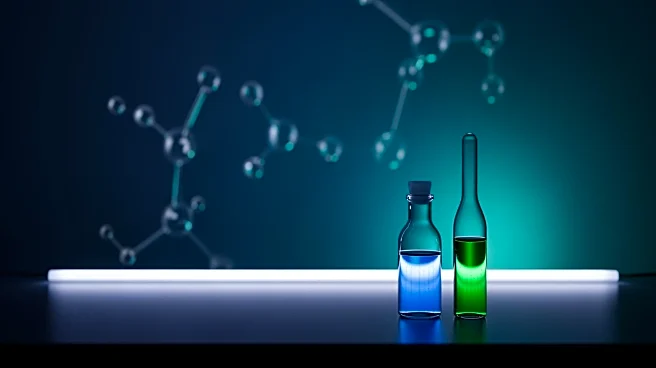What's Happening?
The US military opted not to use bunker-buster bombs on Iran's Isfahan nuclear site due to its depth, which would render the bombs ineffective, according to Joint Chiefs of Staff Chairman Gen. Dan Caine. Instead, Tomahawk missiles were used in the recent strikes. The decision was explained during a classified briefing to lawmakers, where it was noted that Iran's underground structures house a significant portion of its enriched uranium stockpile. The strikes targeted Fordow and Natanz sites but did not destroy core components of Iran's nuclear program, potentially setting it back by months.
Why It's Important?
The decision not to use bunker-buster bombs on Iran's Isfahan site highlights the challenges faced by the US in addressing Iran's nuclear capabilities. The depth of the site poses a significant obstacle to military operations aimed at neutralizing Iran's nuclear threat. This situation underscores the complexity of the US-Iran relationship and the ongoing efforts to prevent Iran from developing nuclear weapons. The limited impact of the strikes may influence future diplomatic and military strategies, with potential implications for regional stability and international security.
What's Next?
The US may continue to monitor Iran's nuclear activities and explore alternative strategies to address the threat posed by its nuclear program. Diplomatic efforts may be pursued to engage Iran in negotiations and ensure compliance with international agreements. The situation remains fluid, with potential for further military engagements and international responses.
Beyond the Headlines
The challenges faced by the US in addressing Iran's nuclear capabilities highlight the evolving nature of international security and the need for innovative strategies. The use of advanced military technology and intelligence underscores the complexity of modern warfare and the importance of international cooperation in addressing global threats. The situation raises ethical and legal concerns, potentially influencing international responses and diplomatic efforts.









